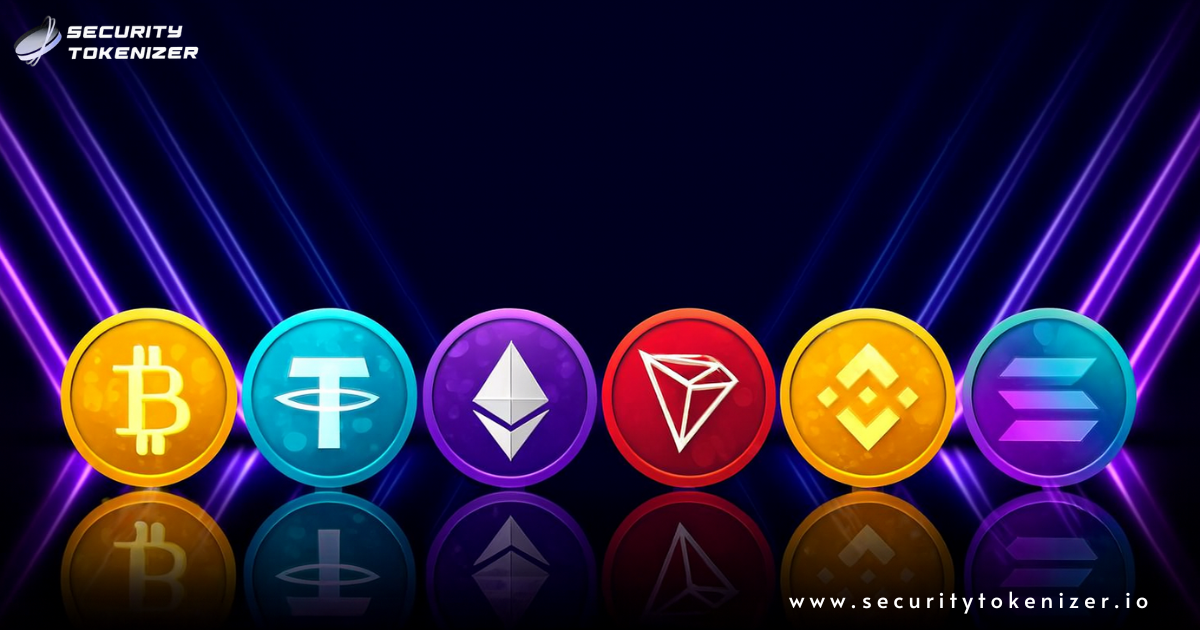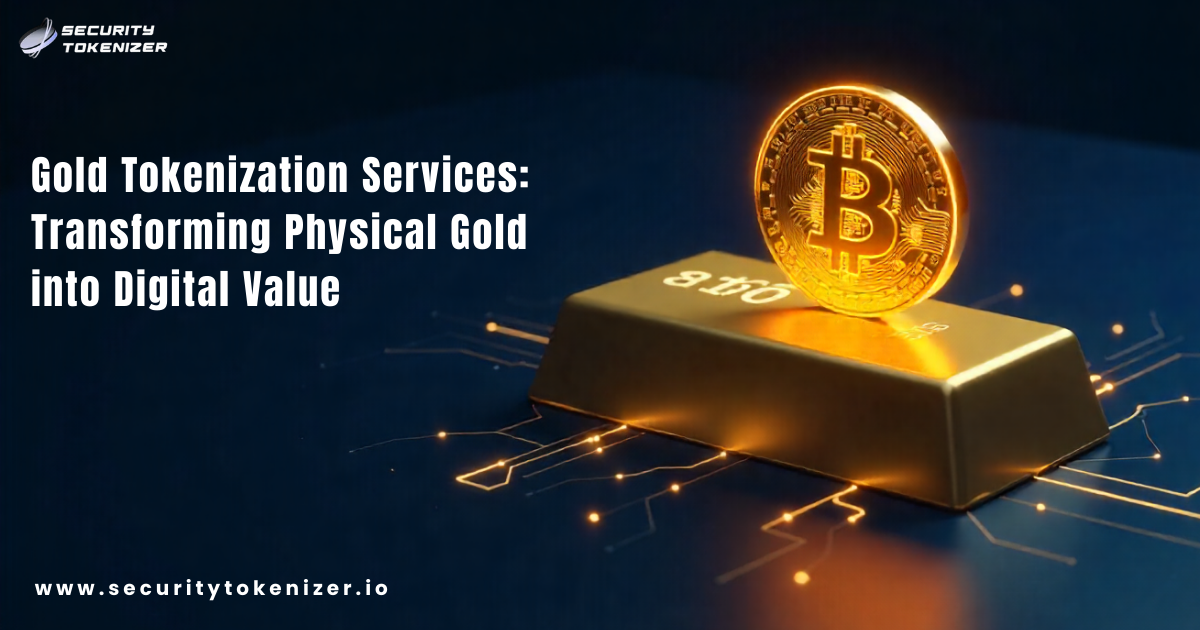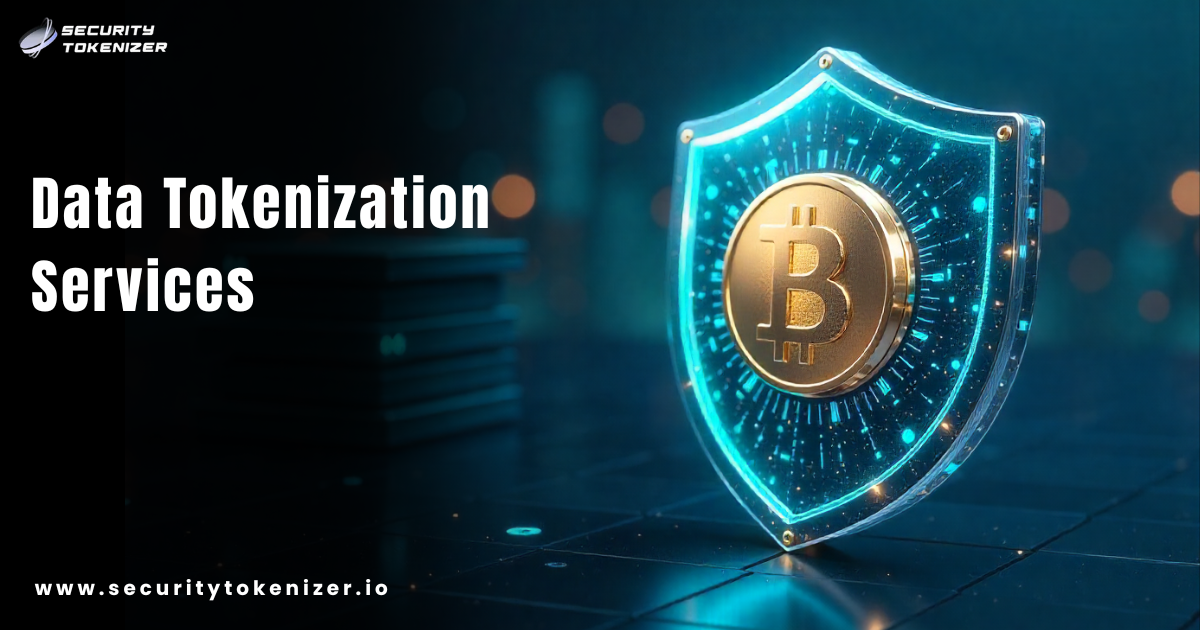Subscribe Our Newsletter
Table of Content
In the rapidly evolving landscape of digital finance, understanding the nuances of crypto tokens is essential. A crypto token is more than just a digital asset; it represents ownership, rights, and access within various blockchain ecosystems. This article will delve into the definition of crypto tokens, explore how they function, and examine the different types available, including utility tokens, security tokens, and non-fungible tokens (NFTs).
We will also discuss the tokenization process, the standards governing these tokens, and their role in decentralized finance (DeFi). By the end, you will have a comprehensive understanding of what crypto tokens are and how they are reshaping the financial world.
Defining Crypto Tokens
A crypto token is essentially a digital asset that exists on a blockchain, serving various purposes within its ecosystem. According to B2BinPay, a crypto token is a record on a blockchain that confirms rights to something, such as ownership of an asset. These tokens can act like digital certificates, facilitating transactions and value transfers.
How Do Crypto Tokens Work?
Crypto tokens operate on top of existing blockchains, often referred to as Layer 1 blockchains. Unlike cryptocurrencies, which are native to their own blockchains (like Bitcoin or Ethereum), tokens are built on these platforms. This allows for a wide range of functionalities, from representing physical assets to enabling access to decentralized applications (dApps). The underlying blockchain technology ensures transparency, security, and immutability of transactions.
Types of Crypto Tokens
Crypto tokens can be categorized into several types based on their functionality:
- Utility Tokens: These tokens provide users with access to a product or service within a blockchain ecosystem. For example, a token might be required to access a specific feature of a dApp.
- Security Tokens: Representing ownership of an asset, these tokens are subject to regulatory compliance. They often provide investors with rights such as dividends or voting.
- Non-Fungible Tokens (NFTs): Unique digital assets that represent ownership of a specific item or piece of content, NFTs have gained popularity in art, gaming, and collectibles.
- DeFi Tokens: These tokens are integral to decentralized finance platforms, allowing users to lend, borrow, and trade without intermediaries.
Crypto Token vs Cryptocurrency
While the terms 'crypto token' and 'cryptocurrency' are often used interchangeably, they have distinct meanings. Cryptocurrencies are digital currencies designed for peer-to-peer transactions, while crypto tokens serve a broader range of functions within their respective ecosystems. Understanding this difference is crucial for anyone looking to navigate the digital finance landscape.
The Tokenization Process
Tokenization refers to the process of converting rights to an asset into a digital token on a blockchain. This process can apply to various assets, such as real estate, art, or even intellectual property. By tokenizing these assets, they become more accessible and tradable, enhancing liquidity and opening new investment opportunities.
Blockchain Token Creation
The creation of crypto tokens typically involves smart contracts, which are self-executing contracts with the terms of the agreement directly written into code. These smart contracts define the rules governing the token, including its supply, distribution, and functionality. Platforms like Ethereum provide frameworks for developers to create their own tokens easily.
Crypto Token Standards
Several standards govern the creation and functionality of crypto tokens. The most notable include:
- ERC-20: The standard for creating fungible tokens on the Ethereum blockchain.
- ERC-721: The standard for creating non-fungible tokens, allowing for unique digital assets.
- ERC-1155: A multi-token standard that allows for both fungible and non-fungible tokens within a single contract.
Crypto Token Trading
Trading crypto tokens occurs on various decentralized and centralized exchanges. Traders can buy, sell, or exchange tokens for other cryptocurrencies or fiat currency. The liquidity of tokens can vary significantly, influenced by factors such as market demand, utility, and overall adoption.
The Token Minting Process
Token minting is the process of creating new tokens and adding them to circulation. This can occur through various mechanisms, such as initial coin offerings (ICOs), token sales, or airdrops. The minting process is typically governed by the smart contract associated with the token.
Investing in Crypto Tokens
Investing in crypto tokens can be a lucrative venture, but it requires careful consideration. Potential investors should conduct thorough research, understand the token's utility, and evaluate the project behind it. As with any investment, there are risks involved, and it's essential to stay informed about market trends and regulatory developments.
Conclusion
As the world of digital finance continues to expand, understanding crypto tokens is more important than ever. From their diverse functionalities to their role in tokenization and DeFi, crypto tokens are reshaping how we think about value and ownership.









